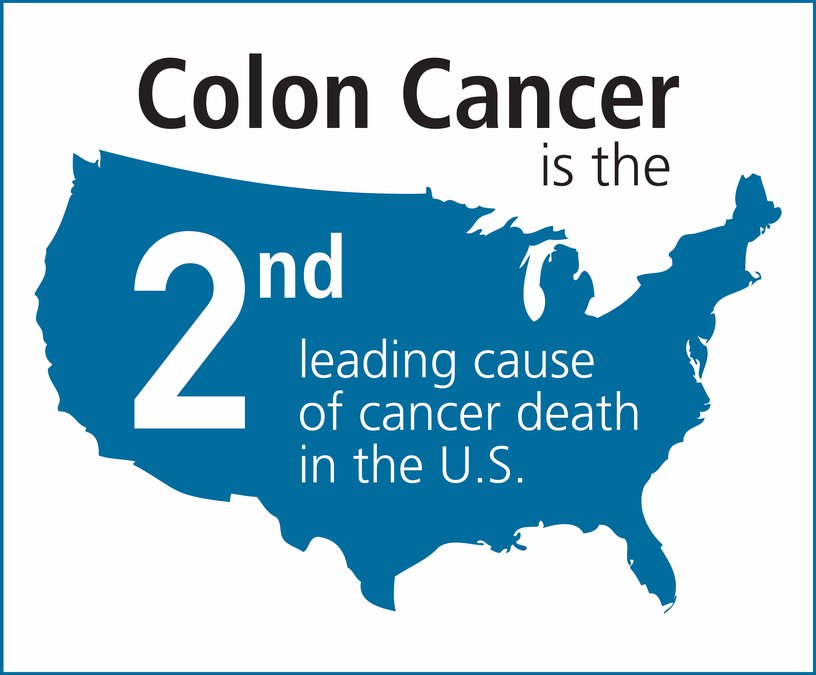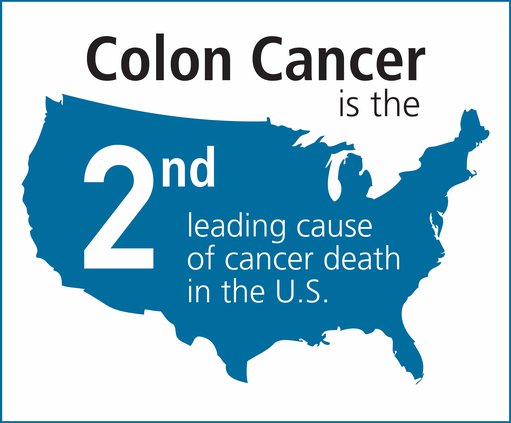Having a colonoscopy isn’t something people get excited about, but preventing colon cancer before it starts should be. Colon cancer is ranked as the second leading cause of cancer death in the U.S., and one in 20 people will develop it in their lifetime. But, when detected in its early stages during a colonoscopy, colon cancer is one of the most highly treatable and preventable cancers. In fact, research has shown that many colon cancer deaths could have been prevented with a screening colonoscopy.
How to Reduce Your Risk
Take these steps now to reduce your risk of developing colorectal cancer:
- · Follow the recommended guidelines to schedule a colon cancer screening
- · Eat a balanced diet rich in fiber, fruits and vegetables
- · Maintain a healthy weight
- · Don't smoke
- · Know your family’s cancer history
- · Don’t ignore symptoms
The board-certified physicians at Atlanta Gastroenterology Associates (AGA) perform this procedure regularly at AGA-affiliated outpatient endoscopy centers as well as area hospitals.
Because early detection and removal of polyps during a colonoscopy can actually prevent the disease, screening colonoscopies are recommended for everyone beginning at age 50 and younger for those with a family history or other risk factors. While there is evidence that more people are getting screened than in previous years, one in three adults ages 50 or older are not getting this life-saving test.
If it’s time for your screening colonoscopy and you’re in good health, you may be able to schedule your procedure directly – without a pre-procedure visit. When you make your appointment, ask about our Direct Access Program.
FAQ: Common Questions About Colonoscopy Screenings
What is a colonoscopy?
A colonoscopy is considered the single best method for detecting and preventing colon cancer. The procedure is performed under light sedation and allows a trained gastroenterologist to look at the inner lining of your large intestine – or colon. The physician uses a thin, flexible, lighted instrument called a colonoscope to visually inspect your colon for inflamed tissue, ulcers, bleeding and any abnormal growths (polyps). Not all polyps found during a screening are pre-cancerous or cancerous, but over time, they can grow and become cancerous. So when polyps are found, they are removed at the same time to prevent cancer from forming.
What do you need to do before the procedure?
Your colon must be completely empty for the colonoscopy to be thorough and safe. For the bowel preparation, you will be on a clear liquid diet for at least one day before the procedure. Then you will be asked to drink a liquid solution – or ‘prep’ – that will flush the colon. This is a critical step in the process since the doctor must be able to see the entire colon during the procedure. A list of detailed instructions will be provided before your procedure.
How long does the procedure take?
The entire process – from check-in to check-out – typically takes about two hours. A colonoscopy itself usually takes about 25 to 30 minutes.
What happens after the procedure?
Your physician will explain the findings to you and your family and may give you special instructions. If a biopsy was performed or a polyp removed, you should receive the results in about two weeks.
Even though you should feel fine, you must have someone else drive you home after the procedure because of the sedation. You should not drive, operate heavy machinery or make important decisions for up to eight hours after your procedure. Most people resume a normal diet after the procedure.
When should you get screened?
Because the risk of getting the disease increases with age, screening colonoscopies are recommended for every adult beginning at age 50 and age 45 for African-Americans.* For those with a family history of the disease, or other risk factors, screening could start even earlier. For example, if your mother or father was diagnosed with colon cancer at the age of 50, you should be screened at 40.
Screening every 10 years is usually the recommendation, unless you’re at a higher risk for colon cancer. Talk with your physician to understand your risk and the guidelines you should follow for testing.
*American Cancer Society







